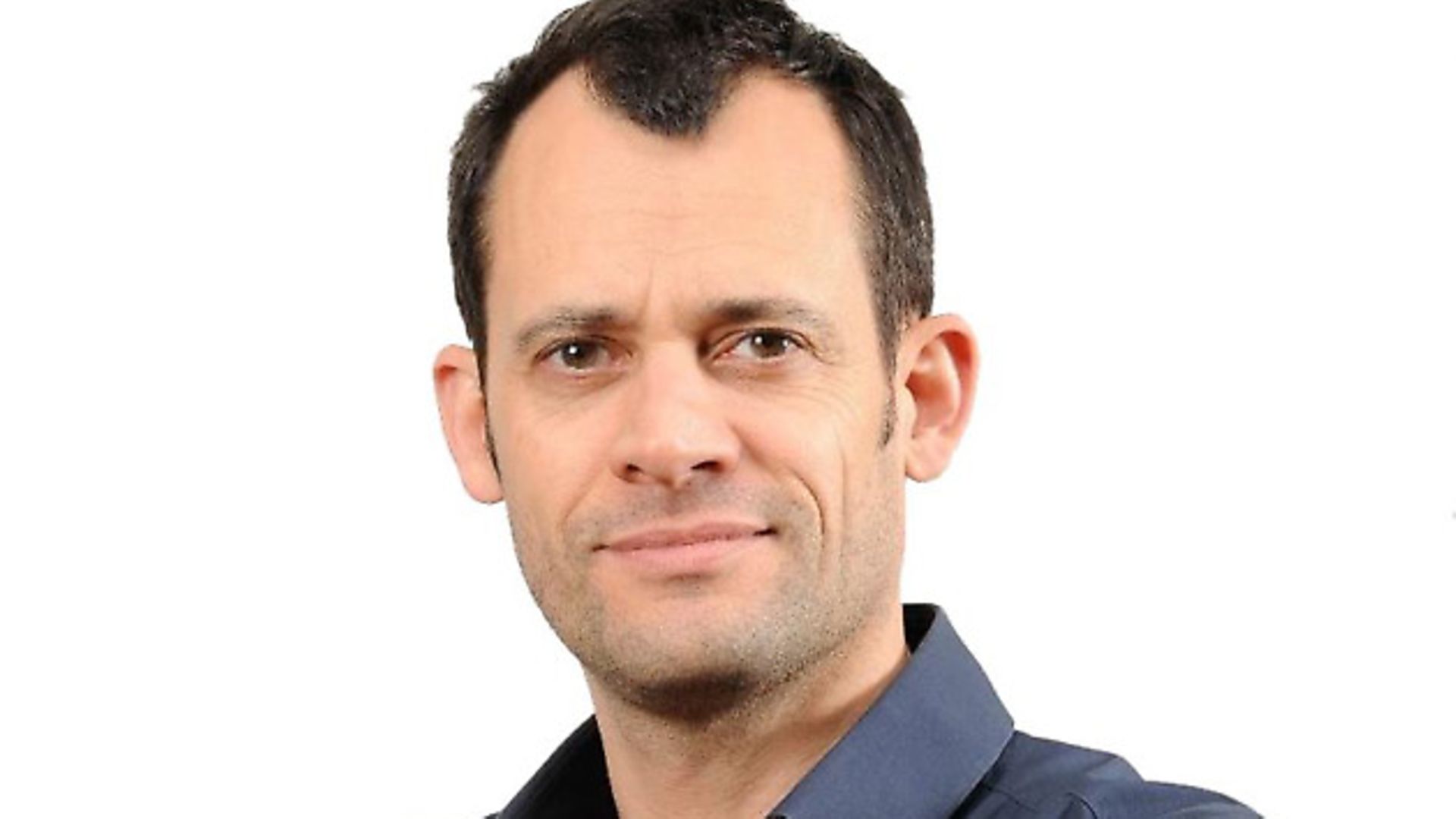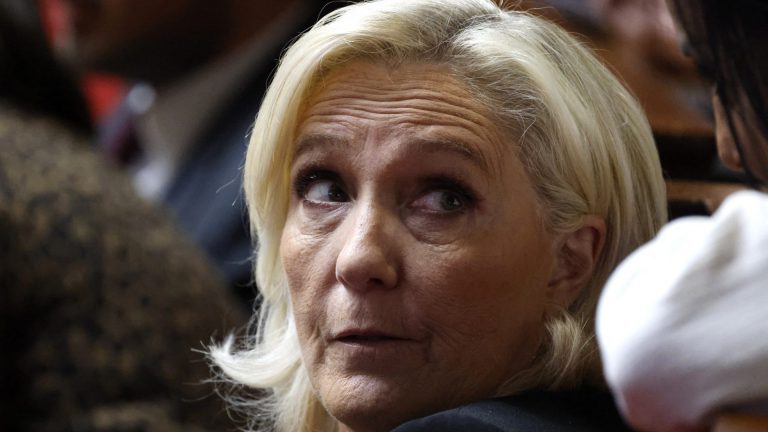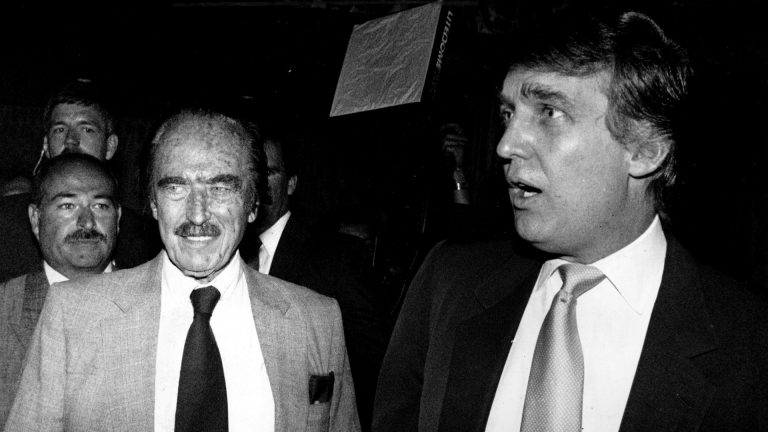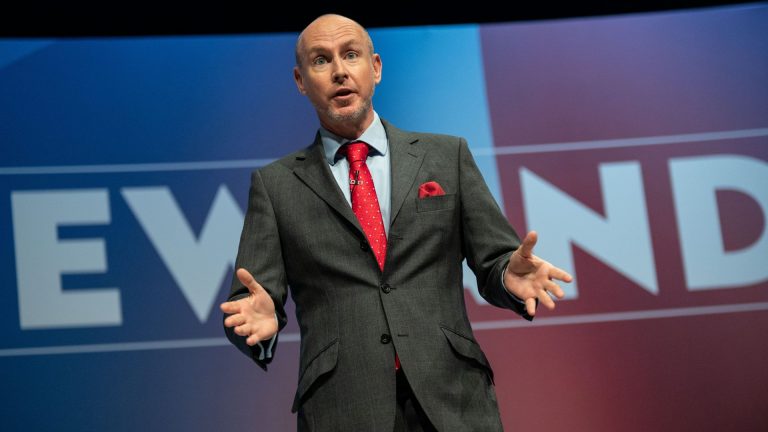
In June most of England decided that ‘enough is enough’, that ‘we are full’ and that, infamously, it is at ‘breaking point’. But London didn’t. Along with a handful of enlightened towns and cities across the country from Cheltenham to Manchester and Newcastle, London sent a quite different message out to the world. That we are open, inclusive, optimistic and categorically, we are not full. We have only just begun.
Of course London is already big, as big as it has ever been. Weighing in at just shy of nine million people it is larger than Scotland and Wales combined and roughly a sixth of the entire population of England. Its economy is now responsible for 22% of UK GDP and contributes almost a third of UK tax revenue. We are growing fast and we want more because London loves energy and dynamism, it’s what generates the wealth that London is so good at creating.
There are clearly huge problems that result from this growth, particularly housing – its availability and cost – and also the desperate levels of pollution that we endure. But in London we don’t blame newcomers for these problems, we take responsibility for the city we have created. In education we have turned one of the worst school systems in the UK into by far the best. This approach is partly because most of us are migrants. Whether from Bangladesh, Bulgaria or Bodmin everyone one of us feels like we own the place and everyone feels they belong. After all the only qualification to be a Londoner is that you say you are a Londoner.
And this is what England fails to realise about London. That it is not simply a place, a capital city full of interesting buildings and famous landmarks. It is a people. A people with a distinctive idea of themselves and particular view of the world. A people that seem less and less like those in the rest of England.
The reality of London as a people saw its full flowering during London’s Olympics. But the sense of London as people not place first emerged in the aftermath of the 2005 bombings. Londoners reacted in the way that they always had done after years of attacks by the IRA, with disgust and outrage. But there was also something new and distinctive. London also responded with solidarity and defiance. As if an attack on any individual Londoner was now an attack on all of us and of our values of openness, tolerance and diversity.
When England stuck two fingers up to London on June 23, they did the same thing. They attacked our sense of identity, our idea of what it means to be a Londoner. If the Leave camp are bemused that we are still banging on about the referendum result it is because they don’t understand us. This isn’t about coming to terms with a change in the constitutional arrangements of the UK it’s about fighting back against those that seek to damage us and destroy our ways of life.
Of course the Leavers try to portray London as out of touch, they call us a metropolitan elite who, much like the fictional residents of the Capitol in the Hunger Games, care little for the plight of those suffering beyond the city limits. This is a tempting narrative but it’s lazy and for two reasons. England doesn’t have a monopoly on suffering and inequality, London contains some of the poorest neighbourhoods and boroughs in Europe. Though here the poor and rich tend to live side by side in ways that are unheard of in many other cities and in much of England. And quite frankly, London is too big to be written off as a powerful but tiny elite. In the words of the decades-old ads for the Ford Transit, London is the backbone of Britain.
It has always been England’s tragedy and its triumph that it happens to house one of the globe’s great and enduringly great cities. For this is the source of so much difference between capital and country. As a global city London craves the things that England appears to abhor. It embraces newcomers, it feeds on difference, it enjoys change, it loves showing off its inclusiveness and its naked about its desire to make money.
For proof of London’s difference you need look no further than the mayor we have just elected. A Labour mayor at a time when the party’s fortunes in the rest of England, the UK even, couldn’t be at a lower ebb. A practising Muslim when the very thought appears to give much of England the fear. And a mayor whose first act has been to say to the world, that ‘London is open’ in every sense of that glorious word.
An independent London is still rather far-fetched, though a petition did brisk business in late June. But, whether the rest of England likes it or not, London will have the European relationship that it needs to prosper. This will either be inside the European Union or so close to the current model of freedom of trade and freedom of movement that it makes no difference.
And as for the relationship with the rest of the country? Londoners have done a lot of soul-searching since the referendum result about why we didn’t see it coming and whether we are just too out of touch. But perhaps it’s not London that failed to understand England but England that has failed to understand the city that sits at its heart. A city that isn’t some kind of uncaring, elitist bubble but simply different. Very, very different.
Richard Huntington is Chief Strategy Officer, Saatchi & Saatchi London Group. Follow him on Twitter @adliterate









